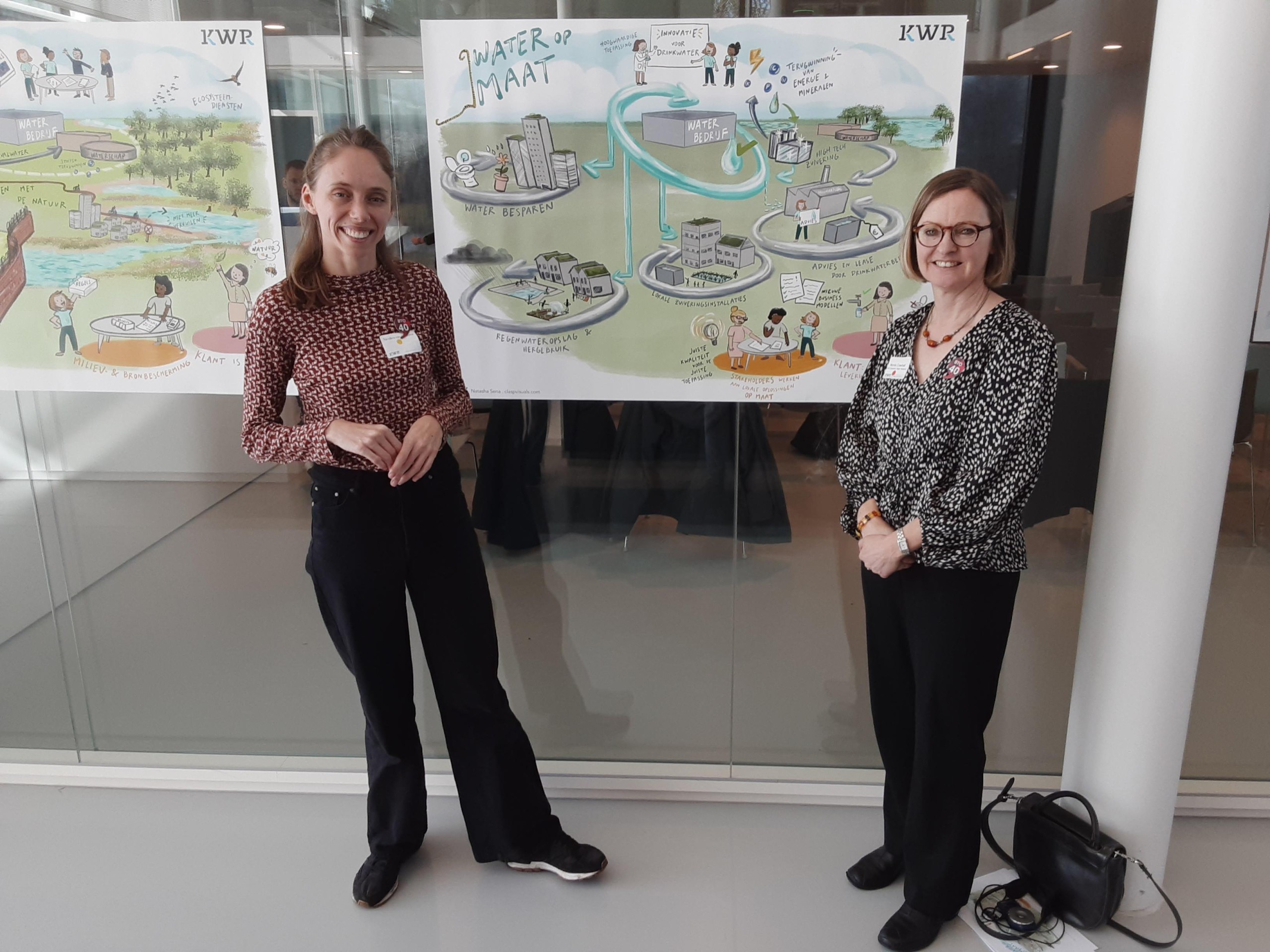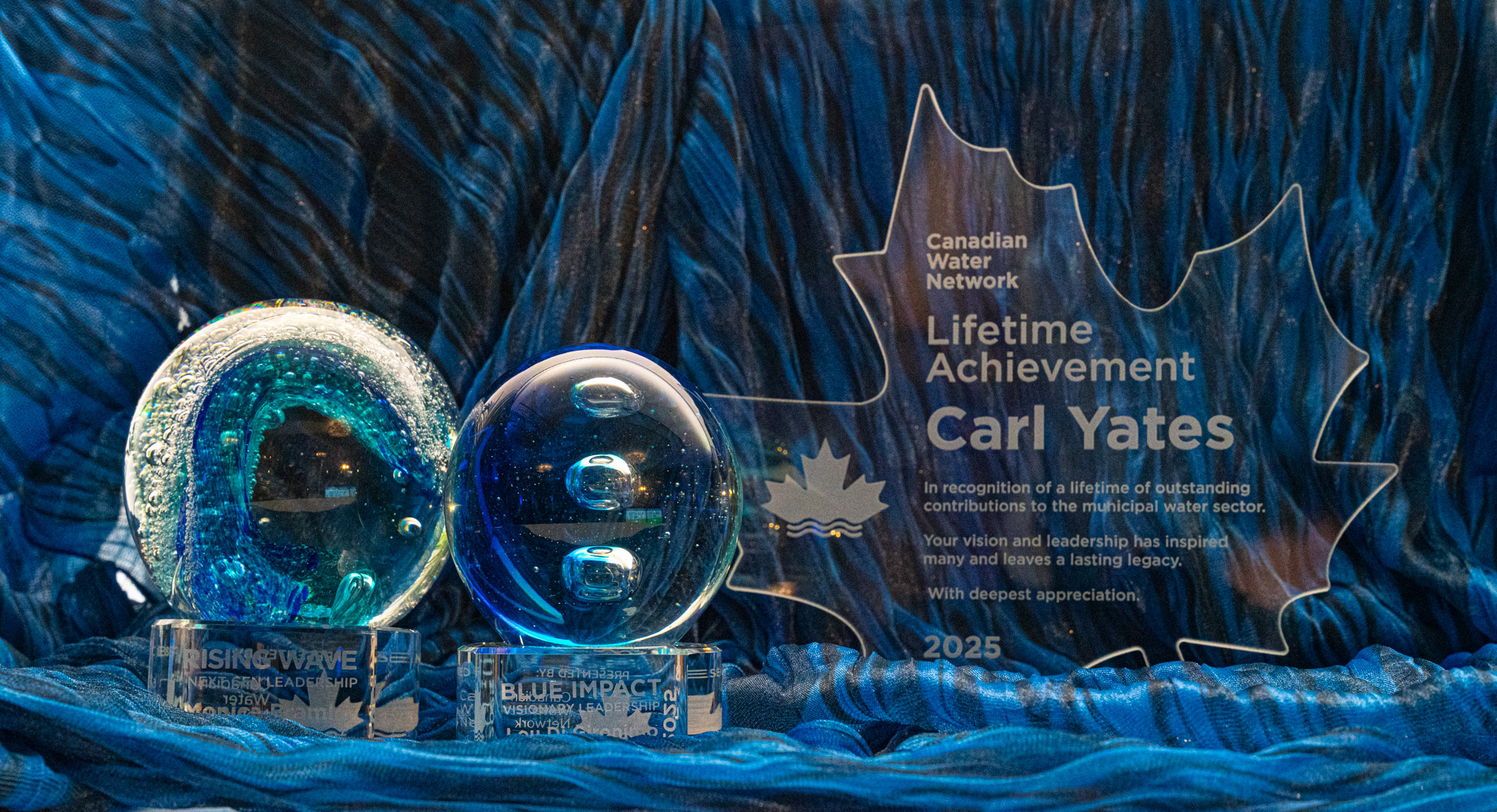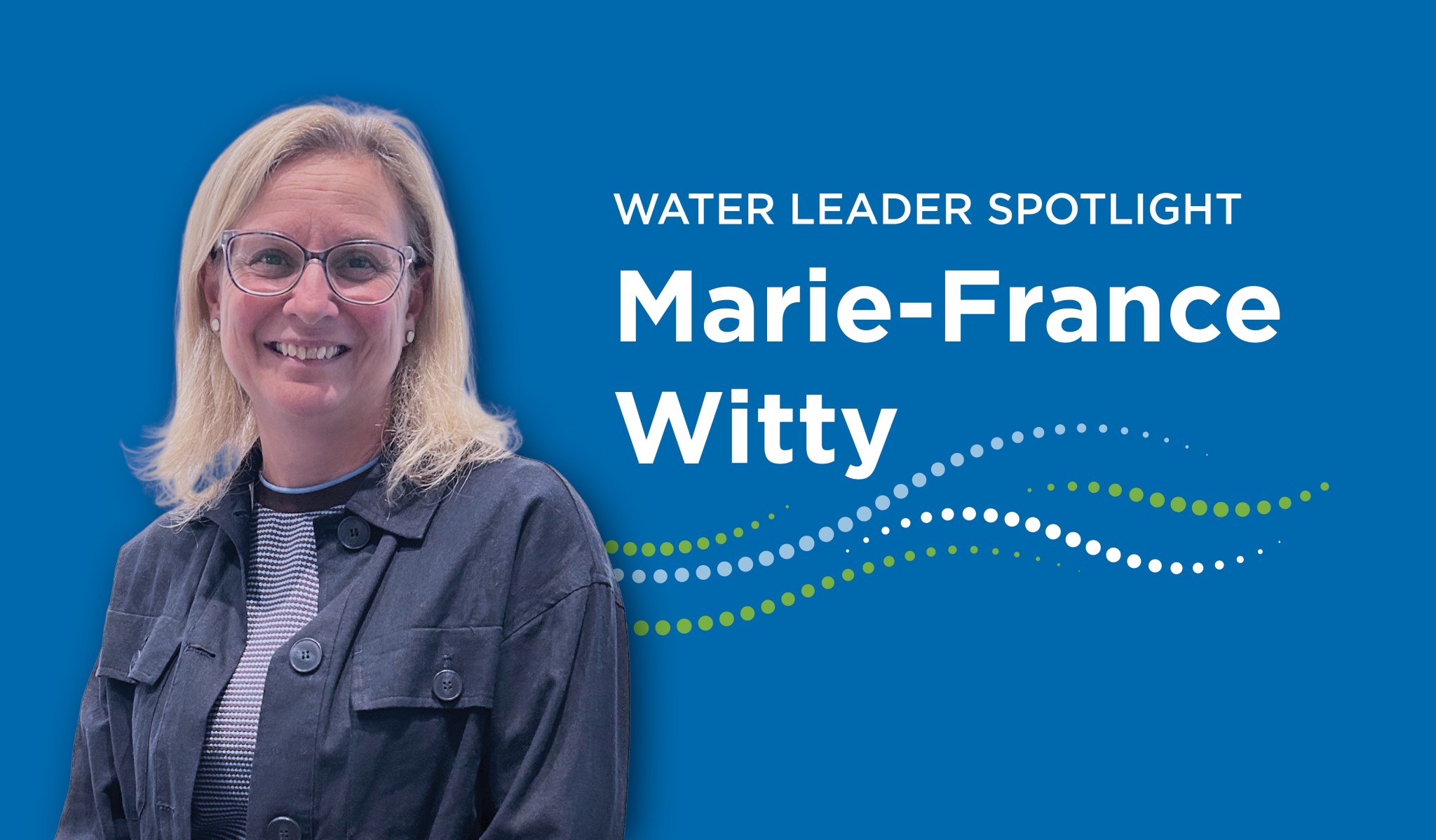Generational and radical rethinking of the water sector

Yesterday, Canadian Water Network’s (CWN) CEO Nicola Crawhall participated in a workshop called Generational and Radical Rethinking of the Water Sector (GRROW).
The workshop took place at KWR’s headquarters in Nieuwegein, Netherlands. KWR is a water research organization that generates knowledge for its 11 shareholders, 10 Dutch drinking water companies and one drinking water company in Belgium.
Over the last year, KWR brought together 90 young water to develop visions of a radically different way of managing water use by 2070. The GRROW program was led by researcher Nicolien van Aalderen, a young water professional at KWR. The program allowed young professionals to free themselves of any preconceptions or constraints in envisioning future scenarios for water use.
Three scenarios rose to the top. Nicola’s favourite is the ‘Fit for Purpose’ scenario, which envisions a society where customers can rely on the delivery of tap water for drinking. However, all other non-potable water uses would be provided on an ‘appropriate quality for the appropriate use’ basis. This scenario includes extreme water conservation, rainwater harvesting and reuse, local filtration and purification of stormwater, and the recovery of energy and minerals from wastewater.

Nicolien van Aalderen, KWR researcher, and Nicola Crawhall, CEO of CWN, stand beside the ‘Fit for Purpose’ Future Water Scenario.
A second scenario envisions a polluter-less future, where pollution is no longer tolerated. In this scenario, environmental and source protection are supported by strong rules and enforcement, polluters pay for pollution, and an emphasis is placed on natural infrastructure and ecosystem services.
A third scenario relies on a ‘collective chain’ for water allocation and distribution. Five water companies combine their treatment and distribution capacity for maximum efficiency to ensure all residents in the Netherlands have equal, inclusive and secure access to water. Industry would be required to manage its own water network.
While no one scenario had all the answers, each one raised provocative questions about water use in the future. Most importantly, the exercise challenged young professionals and current water leaders to see their role in creating a more equitable and secure water future for the Netherlands.

















